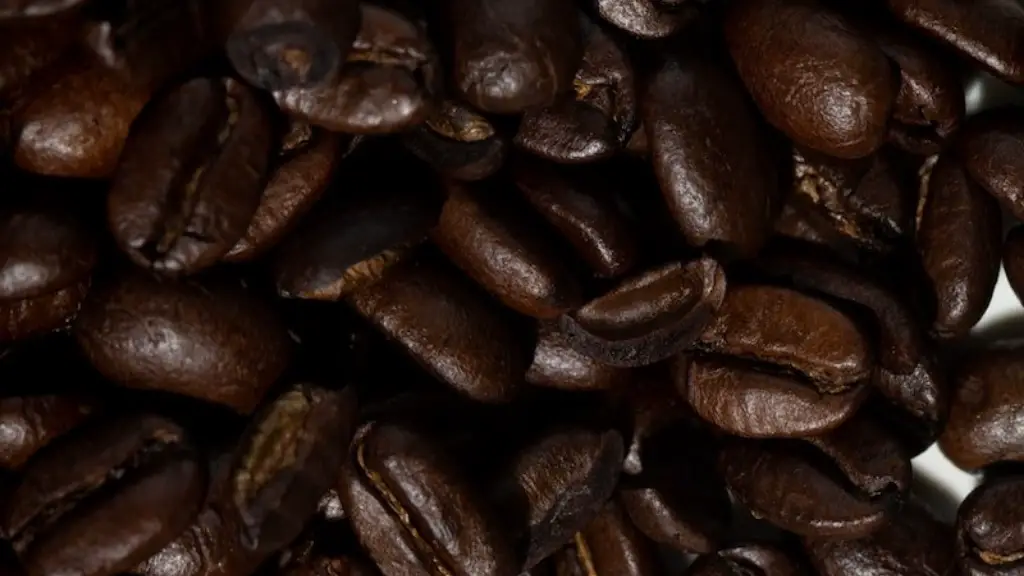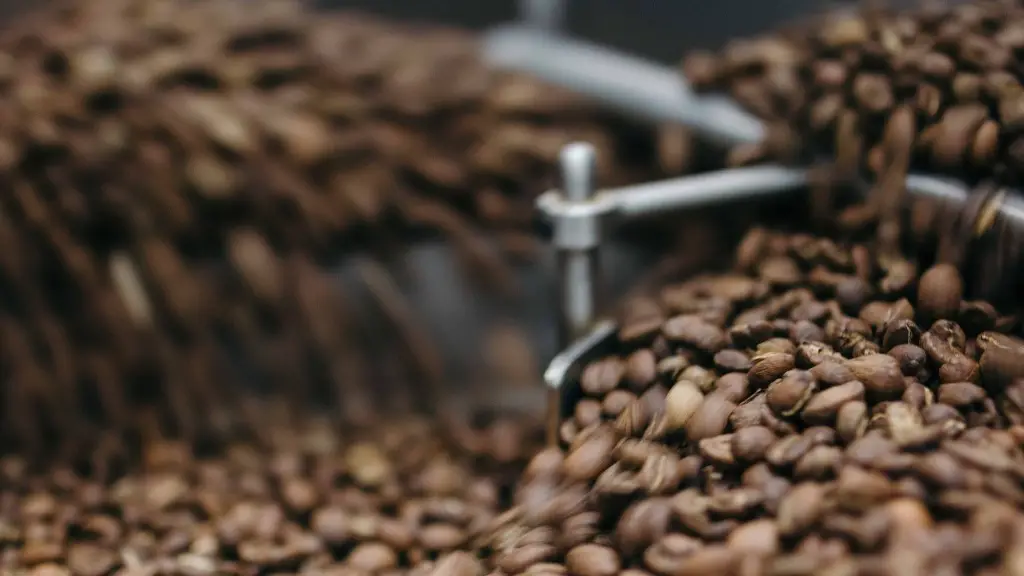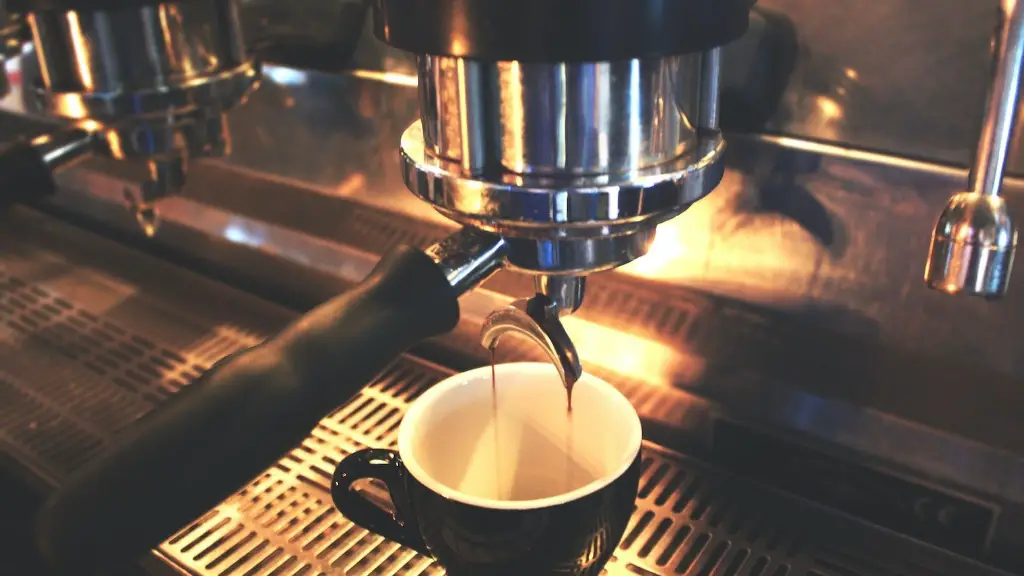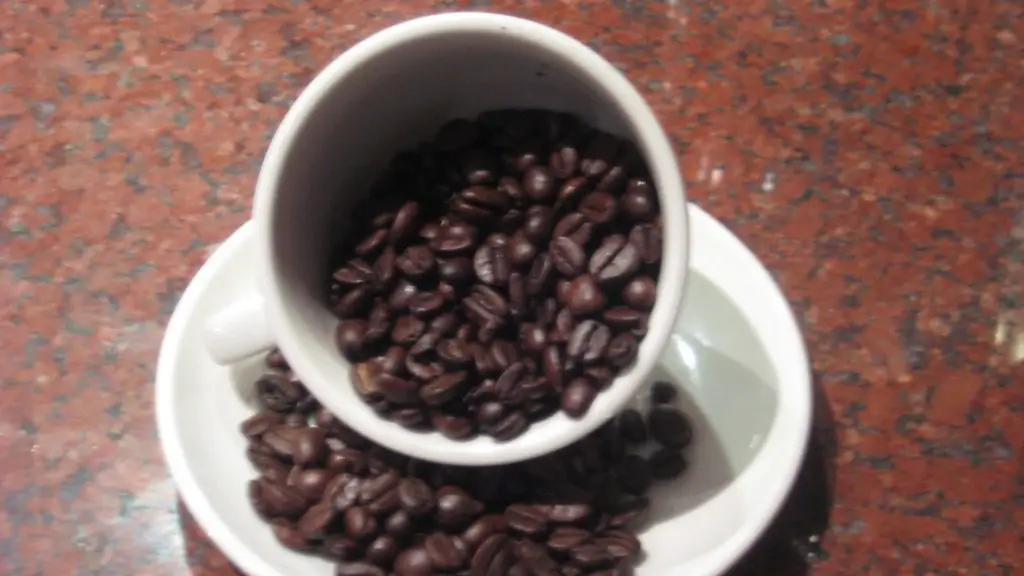The debate over whether consuming coffee after gallbladder surgery is safe has been gaining attention, with people of all ages concerned about the impact drinking coffee may have on the body. While opinions are divided on the issue, both medical professionals and health experts agree that the choice to drink coffee after surgery should be left up to the individual, with the aim of finding a balance between health and pleasure.
As with any medical procedure, it is important for people to consult their doctor before consuming caffeine after gallbladder surgery, and to understand the risks associated with this decision. Coffee can potentially cause digestive issues, such as increased acid production in the stomach, as well as increased heart rate. This is especially true for those who have previously suffered from digestive issues. As such, it is important to consider how the consumption of coffee may affect the body, and discuss this with a doctor prior to making a decision.
Coffee consumption can also impact the body in more subtle ways, particularly when it comes to the body’s natural healing process. There is evidence to suggest that caffeine can interfere with the body’s ability to absorb nutrients, which can further disrupt the healing process and lead to other health complications. Additionally, high levels of caffeine intake can cause dehydration, fatigue and irritability, which can negatively impact the individual’s experience of recovery.
In an effort to minimise the risks of drinking coffee after gallbladder surgery, some medical professionals advise limiting caffeine intake and making healthier choices when it comes to the type of coffee being consumed. Oat milk, for example, can provide an alternative to cow’s milk and soy milk, which can also help reduce the level of acid in the stomach and make coffee easier to digest. Additionally, decaffeinated coffee can be a good option for those who wish to enjoy the taste of coffee without the possible side effects.
Ultimately, when it comes to drinking coffee after gallbladder surgery, the choice should be left up to the individual. Patients should take into account their own health needs and the potential risks associated with drinking coffee, while also considering their doctors advice. Doing so can ultimately help patients find the right balance between health and pleasure.
Coffee and Stress
Post-surgical stress can be a major complicating factor when determining how to manage one’s coffee consumption. It can be difficult to make a decision when faced with an overwhelming amount of information, so it is important to be mindful of the potential impact that coffee can have on the body in such a situation. As a natural stimulant, coffee can not only encourage wakefulness and focus, but it can also speed up the body’s metabolism and cause restlessness due to its high level of caffeine.
It is essential to recognise that it is not necessarily consumption of coffee itself that can lead to an increase in stress, but rather how one interacts with the drink. Thus, it is important to understand how one’s body is affected by coffee and to practice mindful consumption. For some, this may mean consuming smaller amounts throughout the day, while for others, it can involve limiting their consumption to specific times or sticking to decaffeinated options.
Practicing mindful consumption can also help to ensure that the individual is consuming coffee without added stressors. For example, those with dietary restrictions, such as those with allergies or following vegan diets, may encounter issues when ordering and preparing coffee without added animal-products or artificial ingredients. By employing mindful consumption, individuals can be more aware of what is going into their coffee, while also ensuring that they are enjoying it in a way that doesn’t add additional stress.
In short, mindful consumption can not only help to reduce one’s risk of experiencing side-effects associated with high caffeine consumption, but also help to ensure that one feels that they are in control. Ultimately, those with pre-existing conditions or dietary restrictions should consult a doctor to determine their optimal strategy for consuming coffee after gallbladder surgery.
Alternatives to Coffee
For those who cannot or choose not to consume coffee after gallbladder surgery, there are still a variety of delicious and nutritious alternative beverages to choose from. For example, herbal tea is widely believed to have many health benefits, such as improved digestion, increased energy and reduced stress levels. Additionally, herbal teas can come in various flavours, from earthy greens to sweet chamomile — ensuring that there is something for every taste!
Kombucha, also known as fermented tea, is another popular choice for those who prefer something a little different than their traditional cup of coffee. Kombucha is rich in probiotics and is believed to offer a variety of health benefits, such as improvements to the digestive system and increased energy levels. Additionally, it packs a punch when it comes to taste, with many varieties available in a variety of sweet and tangy flavours.
For those who are looking for a caffeine-free beverage but still want the taste of coffee, chicory root coffee is a great option. Chicory root coffee is made from the root of the chicory plant, and has a pleasant nutty taste, often likened to that of roasted coffee. It contains few calories, is believed to aid digestion and can provide an enjoyable alternative to coffee.
Finally, matcha is a popular alternative to coffee that has been consumed in Japan for centuries. Matcha is a finely ground green tea powder, and is believed to have many health benefits, such as improved cognitive function and enhanced immunity. One of the best things about matcha is that it contains antioxidants, such as EGCG, which can help reduce inflammation in the body.
Reducing the Risk of Complications
When it comes to drinking coffee after gallbladder surgery, it is essential to consider the possible complications that can arise from drinking too much. It is important to remember that, as with any medication or food item, it is possible for an individual to experience adverse reactions and side effects if they consume too much too quickly. Therefore, it is important to take into account the possible risks associated with high caffeine intake in order to ensure the safety of the individual.
Following the advice of a medical professional is an important part of reducing the risk of potential complications associated with coffee consumption. Doing so will help ensure that health requirements are met and that coffee is consumed in the safest and most beneficial way. Additionally, those who are sensitive to caffeine should consider other options, such as decaffeinated coffee, herbal teas or alternate beverages.
It is also important to be mindful of how coffee can impact one’s mental state. While coffee can provide a pleasant boost of energy and focus, it can also be difficult to regulate one’s intake when consumed in excess, leading to increased anxiety and restlessness. Therefore, it is important to maintain balance when it comes to coffee consumption, and to be aware of any potential adverse reactions.
Coffee and Diet
The role of coffee in the diet of those who have undergone gallbladder surgery can be an important factor when considering whether or not to drink coffee after surgery. This is particularly true for those who follow specific eating plans, as certain dietary restrictions may mean that certain beverages, such as coffee, may need to be avoided.
For some, such as those following a keto diet, avoiding coffee altogether may be necessary due to its potential to interfere with optimal ketosis. With this type of diet, excess consumption of caffeine can interfere with the ketosis process and limit the body’s ability to enter a state of ketosis, thus decreasing the potential benefits. Therefore, those following a keto diet may need to opt for decaffeinated or herbal options when it comes to drinking coffee after gallbladder surgery.
On the other hand, those on a high-fibre diet may benefit from the consumption of coffee, as it has been linked to improved gut health and may actually encourage the production of beneficial gut bacteria. Additionally, coffee is thought to help those who consume it to maintain a healthy weight, as studies have shown that it may help to reduce the appetite.
Ultimately, it is essential for individuals to consider their own medical history, health requirements and diet when considering their options when it comes to drinking coffee after gallbladder surgery. By doing so, they can ensure that they are making the most informed decisions when it comes to their health, and that they are also finding the right balance between health and pleasure.
Effects on Mental Health
It is important to take into account the effects that coffee consumption can have on mental health when considering whether or not drinking coffee after surgery is safe. For some, caffeine can contribute to anxiety and insomnia, while for others, it can act as a stimulant and improve alertness and concentration. Therefore, understanding one’s own unique sensitivity to caffeine is essential when making a decision on coffee consumption.
It is also important to be aware of the potential detrimental effects of over-consumption of caf¬¬feine. Excessive caffeine consumption can lead to feelings of restlessness and irritability, making it difficult to complete day-to-day tasks. Additionally, prolonged use of caffeine can lead to dependency and further disrupt sleep patterns — two key issues that those recovering from gallbladder surgery should keep in mind when considering their options.
Fortunately, there are still a variety of exciting and nutritious beverages that can replace coffee for those who are either avoiding it altogether or moderate their consumption. From herbal teas to fermented beverages, there is something for everyone who wants to take a break from caffeine. Additionally, decaffeinated products are becoming more and more accessible, allowing for the flavour of coffee to be enjoyed without the caffeine hit.
Overall, it is essential to remember that the decision to drink coffee after gallbladder surgery should ultimately be left up to the individual. By being mindful of the possible effects that caffeine can have on the body and consulting a doctor for specific health requirements, individuals can make an informed decision when it comes to their health, and find the right balance between pleasure and safety.





